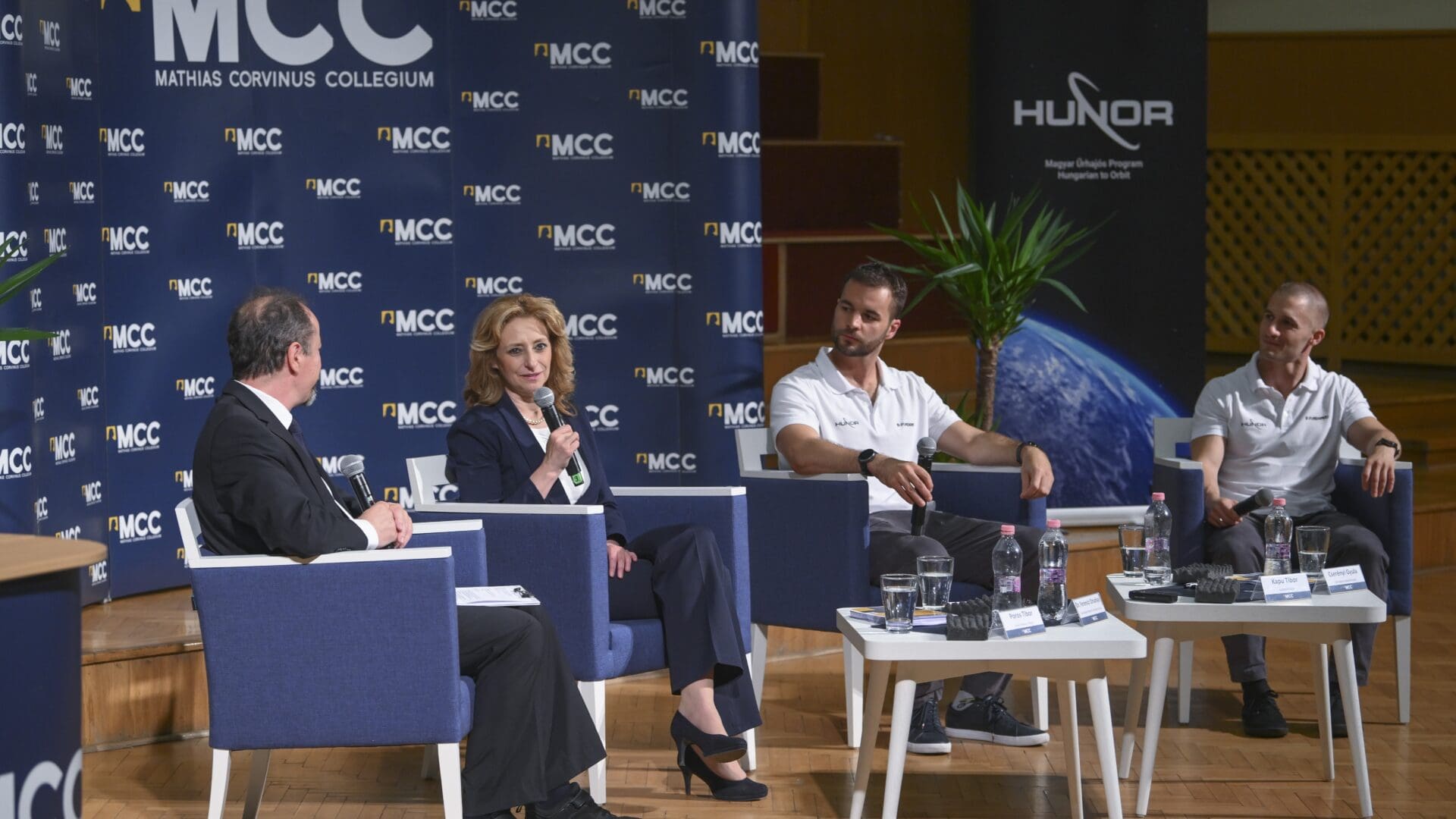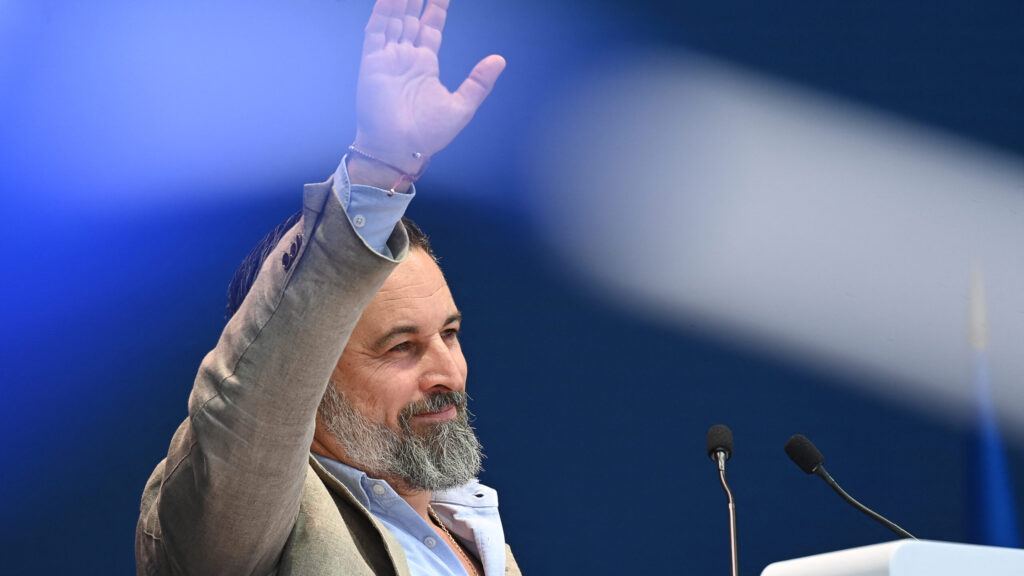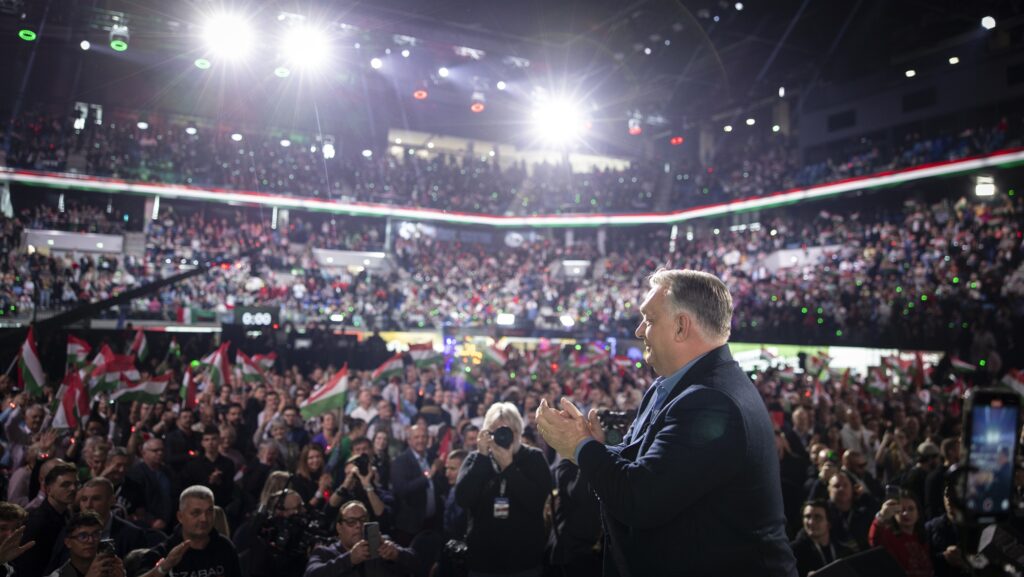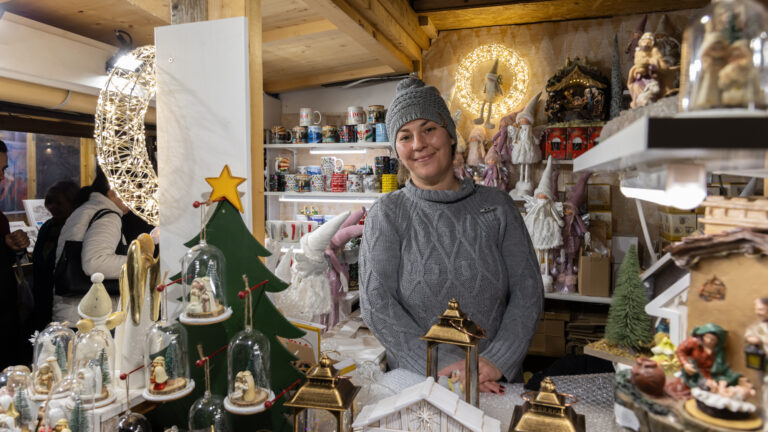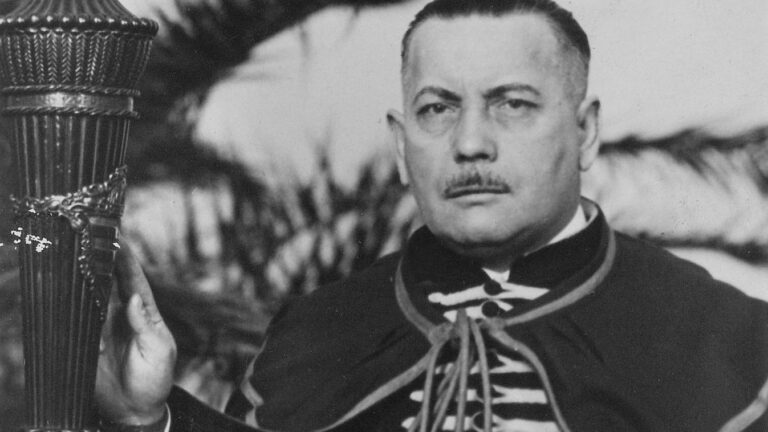In addition to conducting research and scientific projects, inspiring young people is a key mission of the Hungarian astronaut programme and is a source of great national pride, as stated by the Ministerial Commissioner for Space Research at the Ministry of Foreign Affairs and Trade (KKM) during a roundtable discussion in MCC Nyíregyháza on Wednesday.
Orsolya Ferencz, speaking at a discussion attended by research astronaut Tibor Kapu and reserve research astronaut Gyula Cserényi, recalled that Hungary was able to launch its national astronaut programme, Hunor, thanks to the cooperation between the KKM and the European Space Agency (ESA). Under this programme, the Hungarian astronaut will carry out national projects on the International Space Station.
She noted that the finalization of the precise scientific content is currently underway, highlighting the importance of the call for scientific experiment proposals, which concluded at the end of last year after approximately a year and a half. Many valuable proposals were received, providing a rich resource for the final project assembly. She added that the ESA places particular emphasis on communication with primary school students, making it crucial for Hungarian astronauts to present their work and the space environment in which they will operate.
Citing Bertalan Farkas as an example, Ferencz stressed that his space flight had a lasting impact on generations,
sparking many young people’s interest in the natural sciences.
In the 21st century, these sciences are of tremendous importance, she continued, and there is currently a shortage of applicants in these fields. Space exploration can stimulate young people’s interest in these disciplines.
The Ministerial Commissioner pointed out that astronauts’ missions do not end with successful landing. In addition to continued participation in research work, they become ‘ambassadors’ for their field, tasked with sharing their experiences and knowledge with as many people as possible through educational outreach.
She mentioned that with the cooperation of seventeen Hungarian universities, the UniSpace programme has been launched. This programme not only covers technical, natural, and life-medical sciences but also addresses current topics in social sciences, law, and security policy. Four more universities are joining the programme, and due to international interest, the training will continue in English.
During the discussion, Tibor Kapu and Gyula Cserényi provided the audience with insights into the selection process for astronauts and the details of their training.
Related articles:

